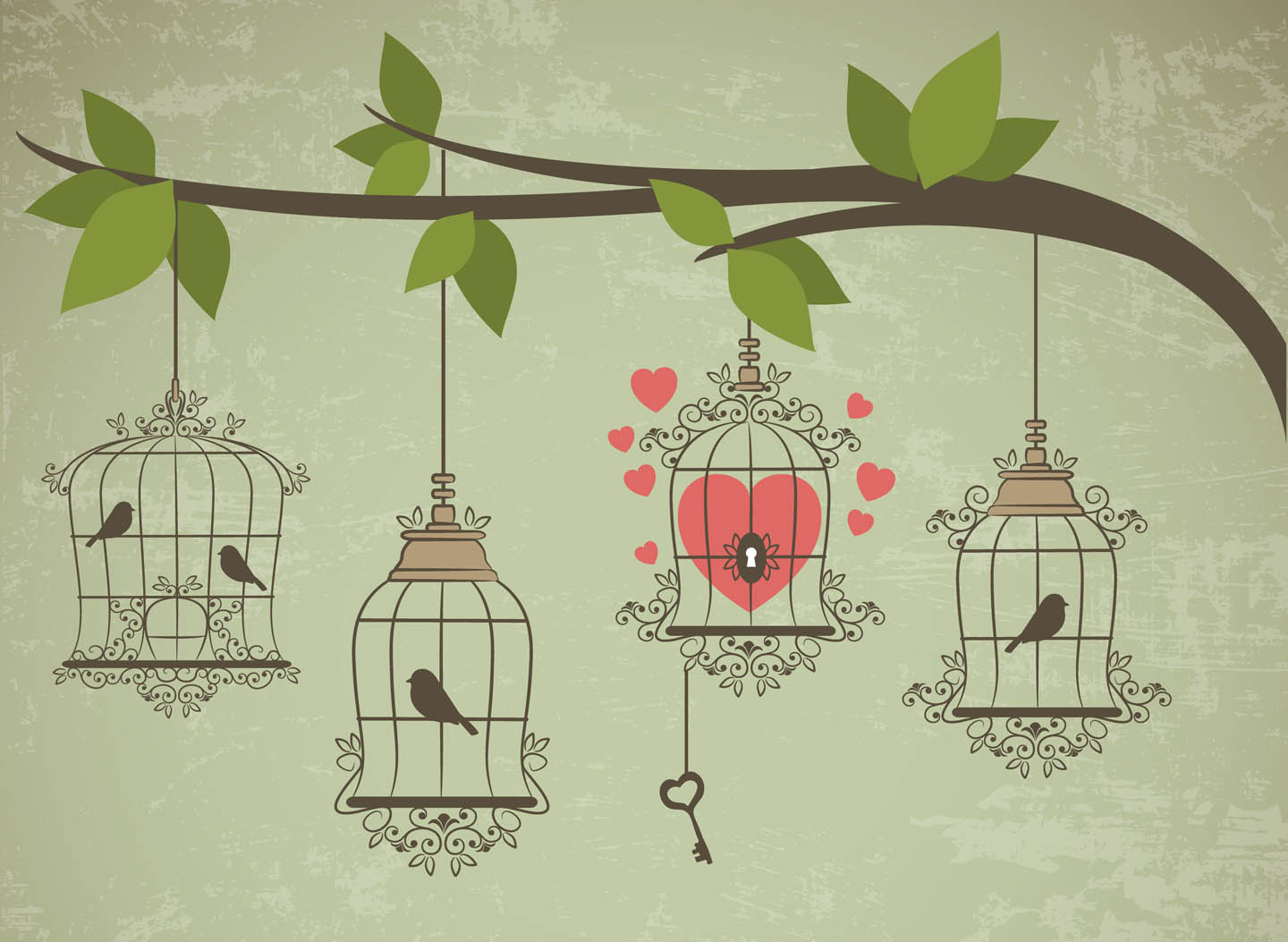Many people believe when you are in love, you are supposed to be attached. An illusion resulted in a psychological issue that almost all of us suffer from or had suffered from. But do you really know the difference?
Love is the ability to have feelings for a person as a beautiful addition to your life not to compensate a feeling that you are supposed to produce naturally within you. Think about all the quotes and happiness methods guiding us to love ourselves first; it is because love should be generated first within then directed to the other person.
Attachment happens when we become in need for this natural feeling of love, it is sucking the energy of love from another human. That’s why it is painful; you are not happy if the person is not around because you need a source to feel the love. Another reason is fear of ending up lonely or abandoned.
The main basis for this issue is lack of awareness in our closed conservative societies and how we were brought up. It is a big red flag to speak about it, a not appropriate subject while it is extremely essential especially during teenage years when the only knowledge you have about love and relationships is TV series and stories. These sources are the reason why we think attachment is love or they just come together. I personally learned this difference when a hypnotherapist told me that I am being attached not in love. I was as shocked as a child who has just read a story with a not forever happy ending. So, I started reading and digging into this being in love the wrong way.
I found it could be developed from deeper issues such as not feeling loved enough during childhood which brings us back to our conservative societies where we don’t even say “I love you” to our children. This causes another problem of associating love with men-women relationships while we should understand that love is a normal feeling towards family members, friends or anyone you feel very close to and trust. It even feels weird and embarrassing if a friend or a family member says “I love you”. This halts our ability to generate love until we find a partner or sometimes just any male or female figure to burst out that suffocated energy of love. As I mentioned above it is a normal feeling though we limit it and finally break open. It becomes one of the root sources of falling for the wrong person and being obsessed with relationships currently in our Sudanese society. Have you noticed how it became normal to ask a person “Are you engaged?” if not “Do you have anyone in your life?” if not then “Why?” These questions bring a very heavy pressure and a feeling of failure especially to women who might start questioning themselves if something is actually wrong with them. Here the sequence of wrong choices starts from the need of just being in love and in a relationship to feel accepted.
Women also have a subconscious attachment from being told repetitively that women are less than men, women need protection and a woman cannot survive without a man.

Image Credit: sahilkhurmi.wordpress.com
Although these patterns happen more to women, men cannot be excluded at all. In fact men go through a double version of less love and more disciplined childhood. From a very young age boys are taught that men don’t cry, men should be stronger than women and men should lead. Consequently they also have a subconscious attachment which they might wrongly heal with multiple relationships. As they are also brought up to believe that women are expendable in our society.
Additional psychological causes can be fear of loneliness, being abandoned and a feeling of unworthiness or that you are not enough. All these causes can be effects of former inner issues that might have happened to a person as a child or an accumulation of situations that led to generating these feelings. For instance: some people who had been abandoned or had a lonely childhood believe that their partner should be the one to compensate all the emptiness and therefore attachment happens. Feelings of unworthiness could happen from relationships ending badly, failures and rejections in different areas of life like academics, career, or even friendships.
If you are unsure whether you are in love or merely attached to someone’s presence in your life, here is a quick assessment tip; a list of symptoms of attachment:
- Constant need to either be with the person or know everything they are doing.
- A constant feeling that you want to be assured you are loved by your partner repeatedly.
- Lack of self confidence, you look for acceptance in your partner.
- Making your partner the main source of love and not yourself.
- Not giving your partner personal space which should be perfectly normal and you should also want to have your own space and hobbies.
- Fear that all your arguments might result in a breakup.
- Always looking for ways to satisfy your partner even if it means not being yourself.
- Feelings of missing always come with sadness and pain as if you cannot just survive being away for a long period of time.
- Finally, you cannot say no and just get up and leave; if it is not working you stay until the very end hurting yourself because you don’t have the power to break the attachment.
Now that we know the difference, how can we cure this is through awareness. You have to be aware of the difference between a healthy loving relationship and an unhealthy attached relationship. I suggest learning love from science first and leaving TV series for romance tips.
Most importantly connect with yourself and find out why you need love, what is it compensating in you? And heal that inner lacking you feel. It is never shameful or wrong to ask for help and consult a specialist on what you cannot deal with on your own. We are in the 21st century; the concept of “a therapist is for a crazy person” is long gone. We all have some issues that we could systematically learn to live with and solve if needed.
Being in love and not attached is simply unconditional love. There are no strains.
So, are you attached or in love?
